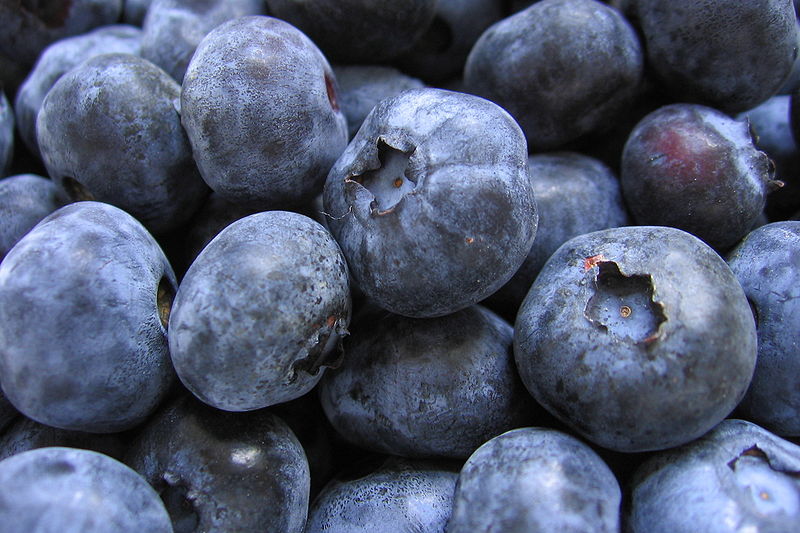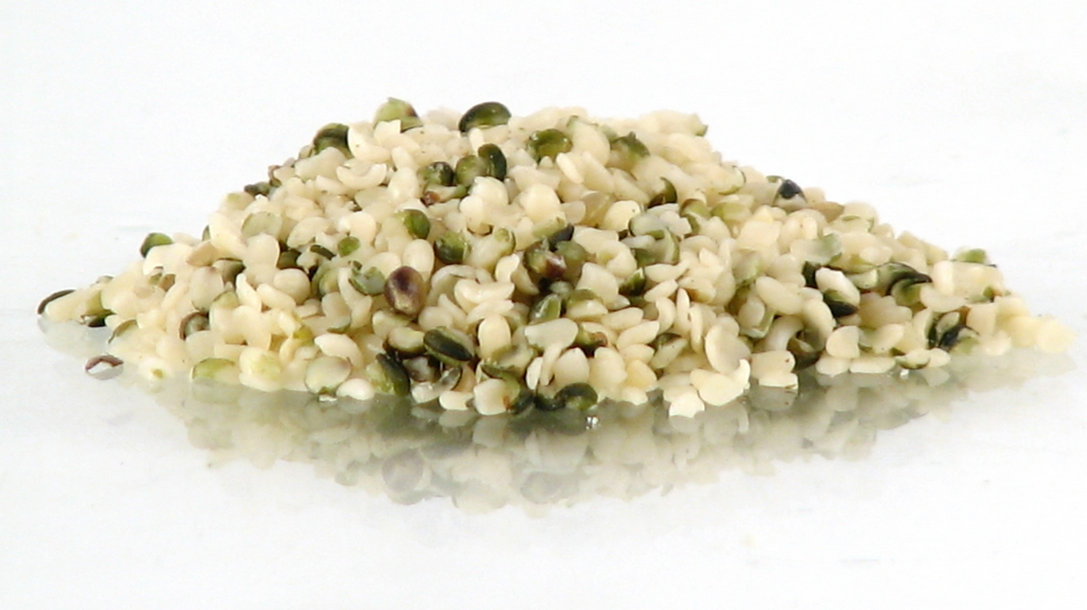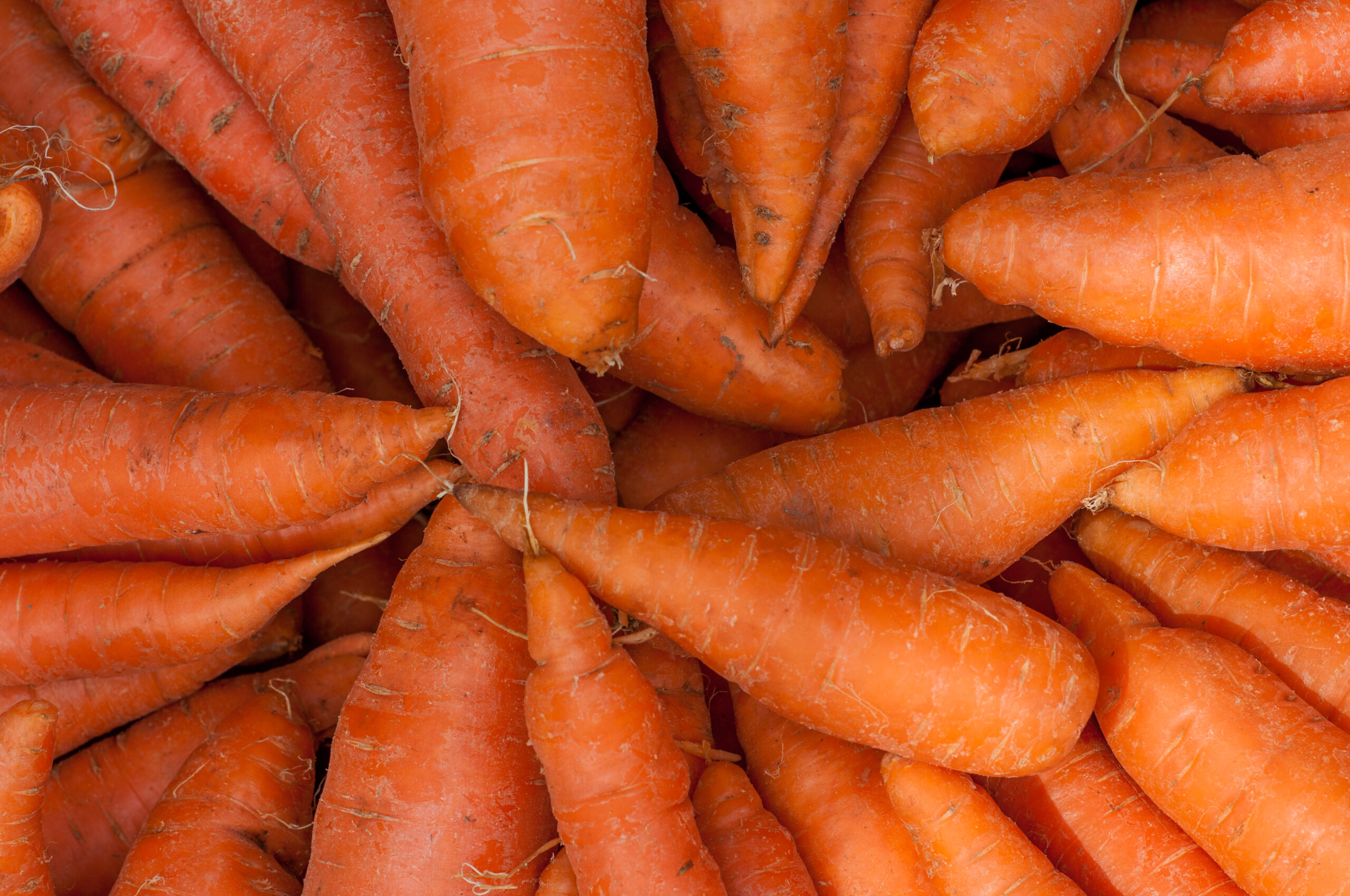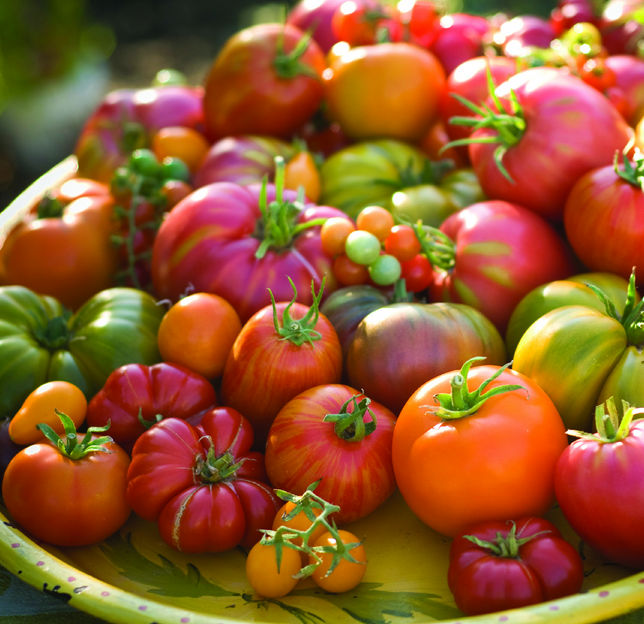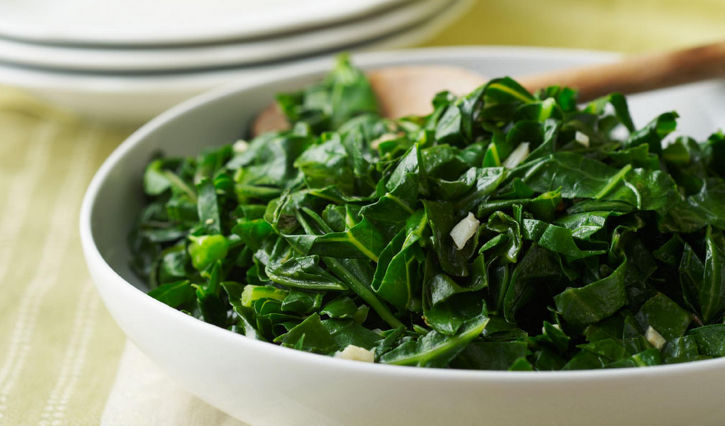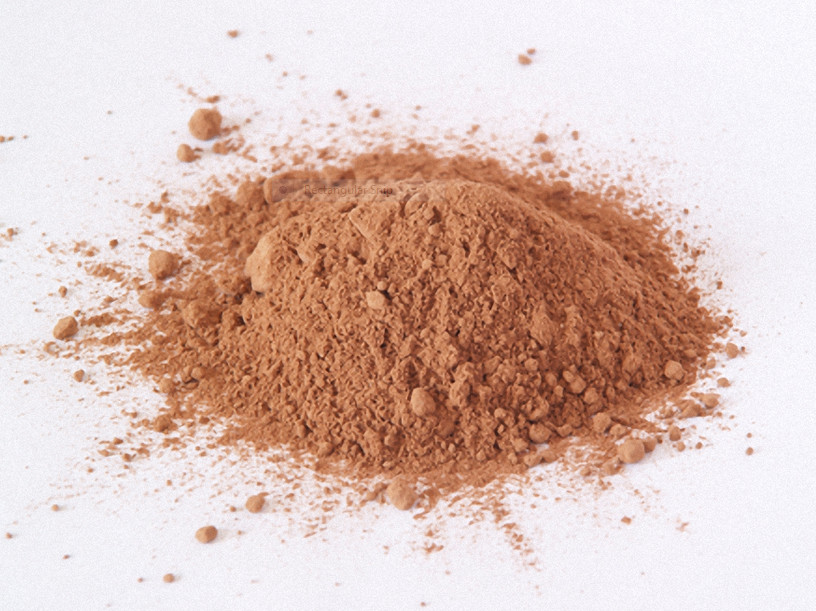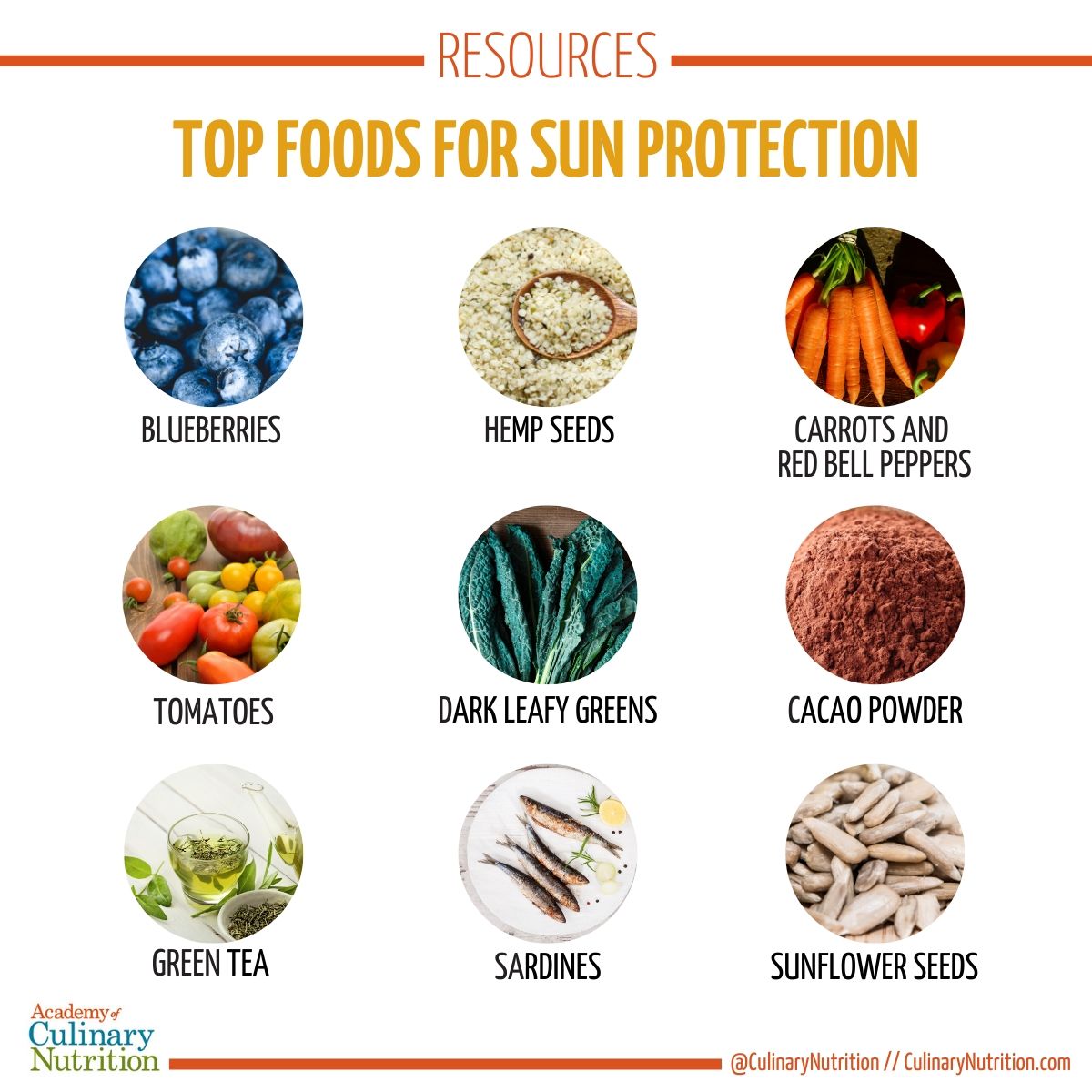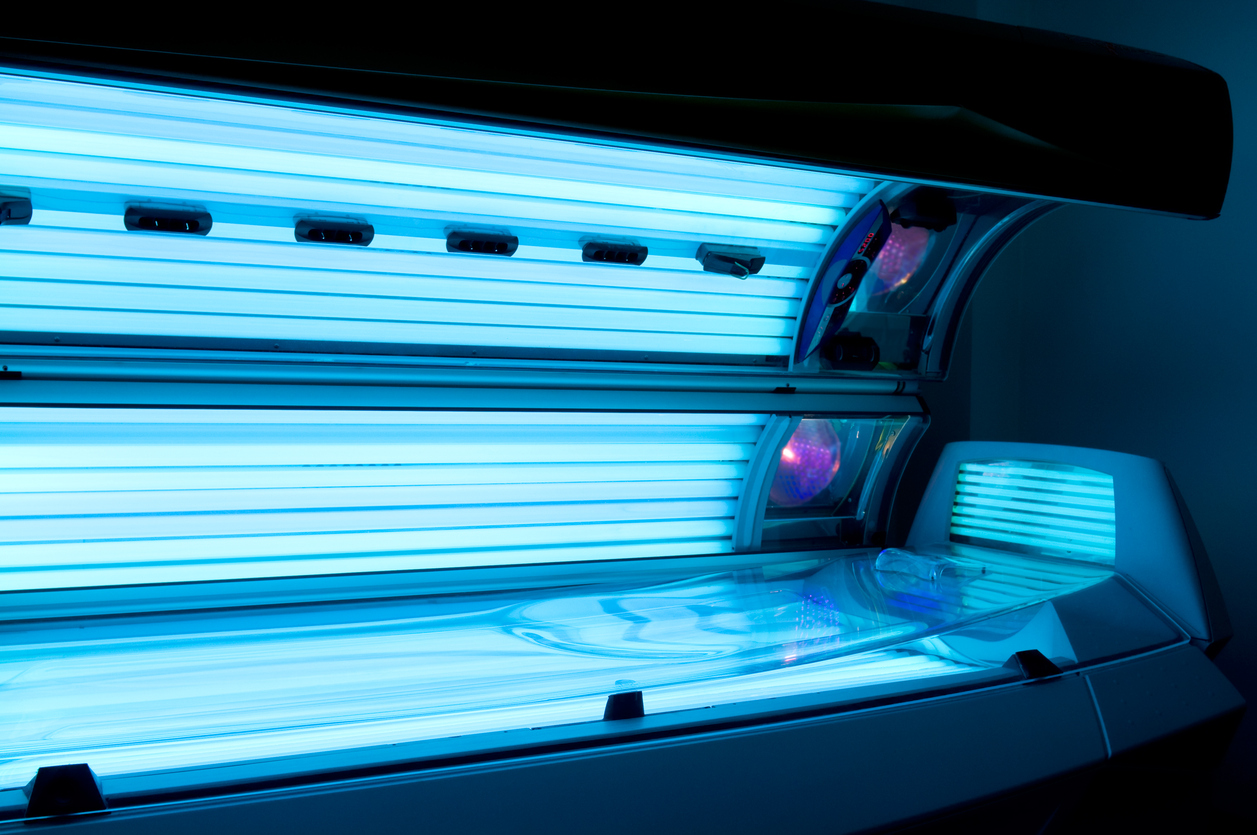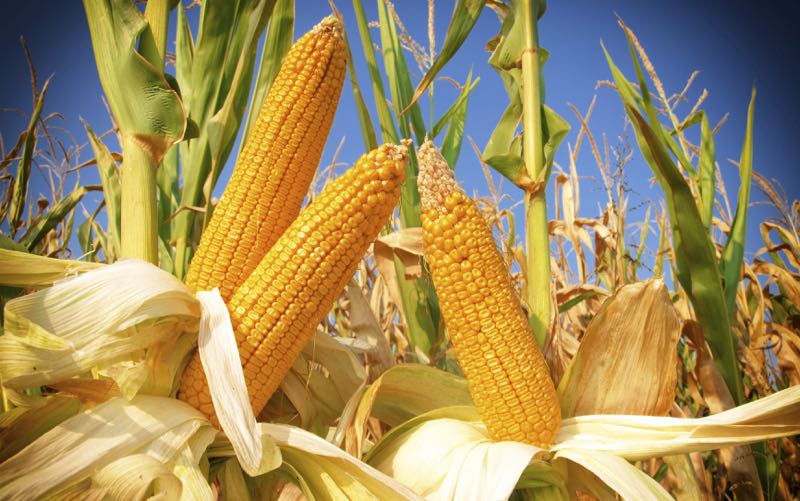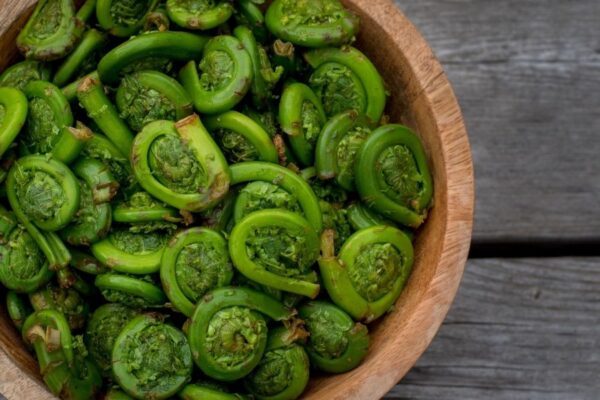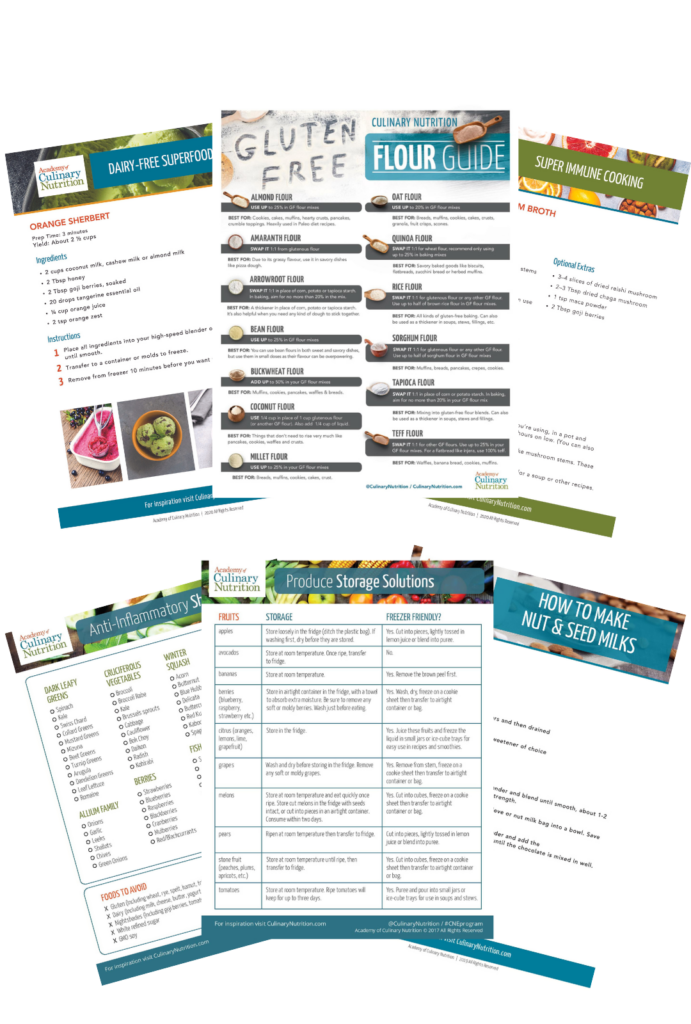9 Top Foods for Sun Protection
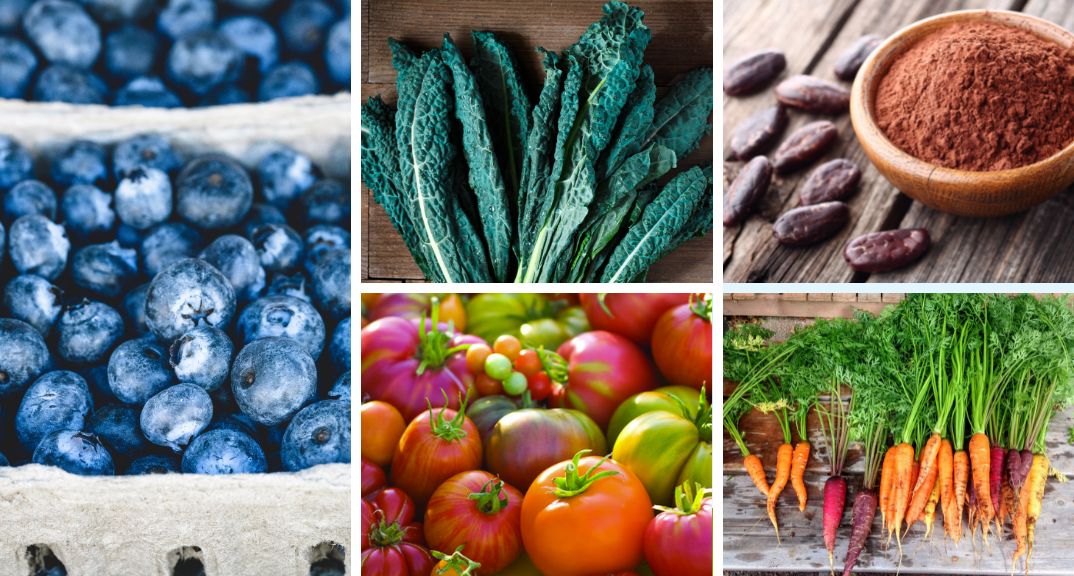
We’re told that we need to wear sunscreen as the primary way to protect ourselves from skin damage, but many sunscreens contain chemicals that are harmful to our health. There are many ways that we can enjoy the sun responsibly and that includes what we eat and how we interact with the sun. There is a wide array of foods that offer sun protection and most of them are easily available in the summertime. Nature is smart like that – in fact, there are many surprising health benefits of sunshine, too!
Health Benefits Of The Sun
We’ve demonized sunshine when it’s really not the enemy. In truth, the earth and the humans, plants, and animals that live on it need sunshine for survival. The sun is our primary source of Vitamin D, which is made in our skin after sun exposure. Vitamin D is crucial for immunity, mental health, hormone production, bone health, and sleep. While we can receive Vitamin D from foods as well, the sun is one of the simplest and no-cost ways to get it.
Sunlight also helps to regulate our circadian rhythms, improve our mood and cognition, and even reduce our risk of certain cancers.
Safe Sun Exposure Tips
If we’re going to reap the benefits of sunshine, it’s important to be responsible about it. The right amount is beneficial to our health – but too much of it, especially without practicing safe sun exposure, can be detrimental. Some of the things you can do to enjoy the sun safely include:
- Enjoy the sun during non-peak hours, such as the early morning or later in the afternoon/early evening. Keep in mind that Vitamin D is absorbed best from noon to 2 pm – so if you’d like get your optimal dose of Vitamin D, a short 5 to 10 minutes in the sun during this time can help.
- Cover up with appropriate clothing (hats, long sleeves and pants, sunglasses, etc.).
- If using sunscreen, purchase a safe sunscreen and apply it regularly.
- Our skin produces Vitamin D and if you shower right after sun exposure, you might wash it off. When showering, use soap on your underarms and genitals and water only on everything else to retain that Vitamin D.
- Darker skin tones require more time in the sun to absorb Vitamin D than lighter ones – ensure you plan sun time accordingly based on your skin tone.
- Stay hydrated throughout the day with hydrating foods and beverages.
9 best foods for sun protection
Diet plays an important role in sun protection by providing us with nutrients that ward off damage and help our skin become resilient. Include these best foods for sun protection in your diet to receive a healthy dose of nutrients that can help arm your skin against the sun.
Blueberries
Blueberries, and all berries for that matter, are a rich source of antioxidants. Sunlight exposes us to UV radiation, but the free radical-fighting properties of antioxidant foods help to protect us from that sun damage. Blueberries are also a wonderful source of Vitamin C that helps to strengthen and boost collagen production.
Find blueberry recipe inspiration right here!
Hemp Seeds
Hemp seeds, as well as chia seeds and flax seeds, are a rich source of omega 3 fatty acids, which help our skin maintain its integrity, keeping it smooth, strong and supple. Omega 3s are also highly anti-inflammatory, so these foods can help with healing if a sunburn occurs.
Add hemp seeds to smoothies, or use them as a topper for soups, stews, cereals, dairy-free yogurt, granola, or nut butter on toast. One of our faves is this hemp chocolate spread.
Carrots and Red Bell Peppers
Carrots and red bell peppers are both high in beta-carotene, which our bodies convert into Vitamin A, a nutrient that supports vision, skin and mucosal healing. Research shows that beta-carotene shields us from sunburn; however, these sun-protective effects kick in after a minimum of 10 weeks of consuming beta-carotene, so start chowing down on these veggies stat!
Try these carrot cake energy bites for carrot-y goodness.
Tomatoes
Gorgeous tomatoes of all shapes, sizes, and colours are abundant in the summertime for good reason – their concentration of the pigment lycopene helps to protect us from sunburns. Studies have found that research participants who ate tomato paste daily for 10 weeks were much less susceptible to sunburns than groups who hadn’t consumed tomato paste. We especially adore consuming tomatoes in salsa and tomato sauce.
Now you have another reason to enjoy the bounty of tomatoes this summer, don’t you think?
Dark Leafy Greens
Dark leafy green vegetables are an incredible source of antioxidants, which can help offset the damage from UV rays. Studies have shown that lutein and zeaxanthin – specific antioxidants found in greens – prevent skin wrinkles and protect us from the sun. Research also shows that eating dark leafy greens can decrease our risk of skin cancer.
You can add greens to virtually any meal. We also love making kale chips!
Cacao Powder
If you’re looking for another reason to eat more chocolate, here it is: the antioxidants found in cacao powder help prevent sun damage. In one study, women who were given a high-flavanol chocolate beverage for 12 weeks were less sensitive to UV radiation than women who consume a low-flavanol beverage. This same study showed that consuming chocolate improved blood flow to the skin, as well as enhanced skin texture and structure. Score!
You can get started with these incredible dairy-free chocolate recipes.
Green Tea
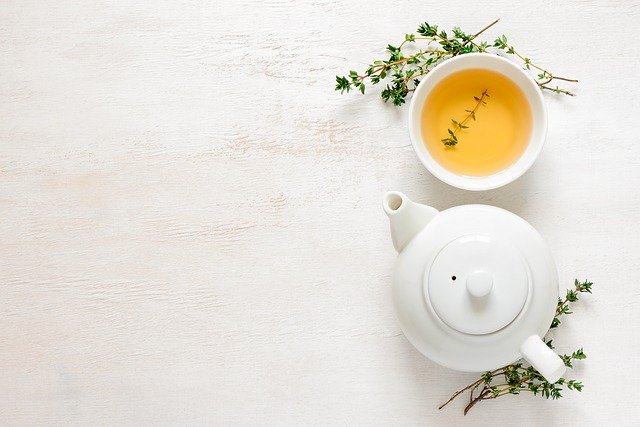
Green tea is rich in polyphenols, particularly one called epigallocatechin-3-gallate (EGCG), which offers natural sun protection, helps to destroy free radicals, and may inhibit skin tumors. When applied topically, EGCG preparations can reduce skin redness. If it’s hot outside, simply chill your green tea to make iced tea, or use it in smoothies.
Find more ways to use green tea – and all different kinds of teas – in your cooking and baking.
Sardines
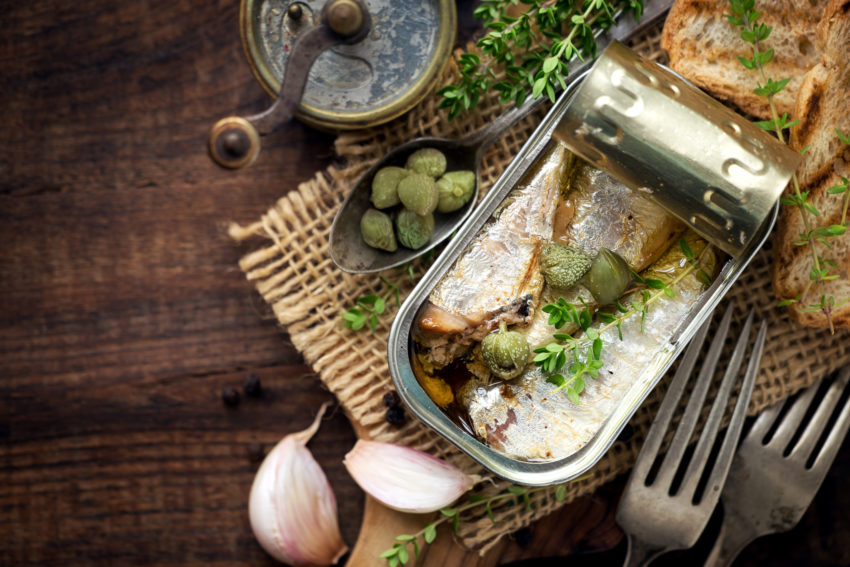
These small but mighty fish are packed with selenium, an antioxidant that may help prevent damage from UVB rays. They are also rich in amino acids (protein) that help with healing and repair, as well as anti-inflammatory Omega 3s. Evidence indicates that Mediterranean-style diets, which include plenty of fish, nuts and seeds, olive oil and vegetables, help to protect against melanoma.
Sunflower Seeds
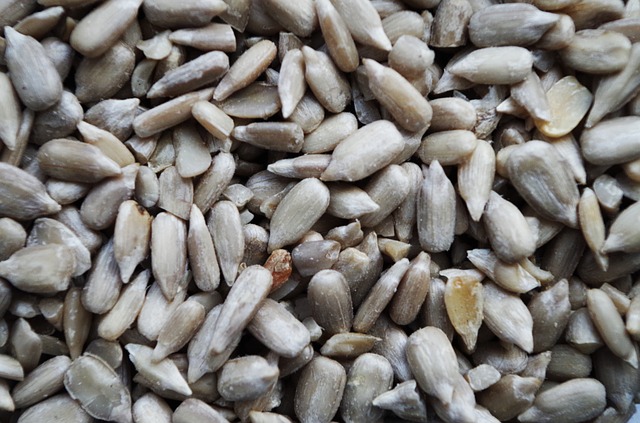
Sunflower seeds are high in Vitamin E, which has antioxidant properties that help to protect the skin against damage. Eat as a snack, fold into trail mix, or make sunflower seed butter with them.
A nutritious diet plays a key role in our overall health and building resilience, as well as providing support to us when we are outside in nature. These best foods for sun protection are packed with nutrients, delicious, and easy to incorporate into our everyday lives.
More Awesome Sun-Protective Resources
- EWG Guide to Sunscreen
- Sun Protection: Safe Sunscreens, Best Foods, Healthy Sun Exposure Tips
- Surprising Health Benefits of Sunshine
- Groundbreaking Discovery: Animal Cells Powered by Sunlight and Chlorophyll
- How to Get Some Sunshine (But Still Protect Your Skin)
Free Resource Library
Enjoy more than 40 downloadable guides, recipes, and resources.















